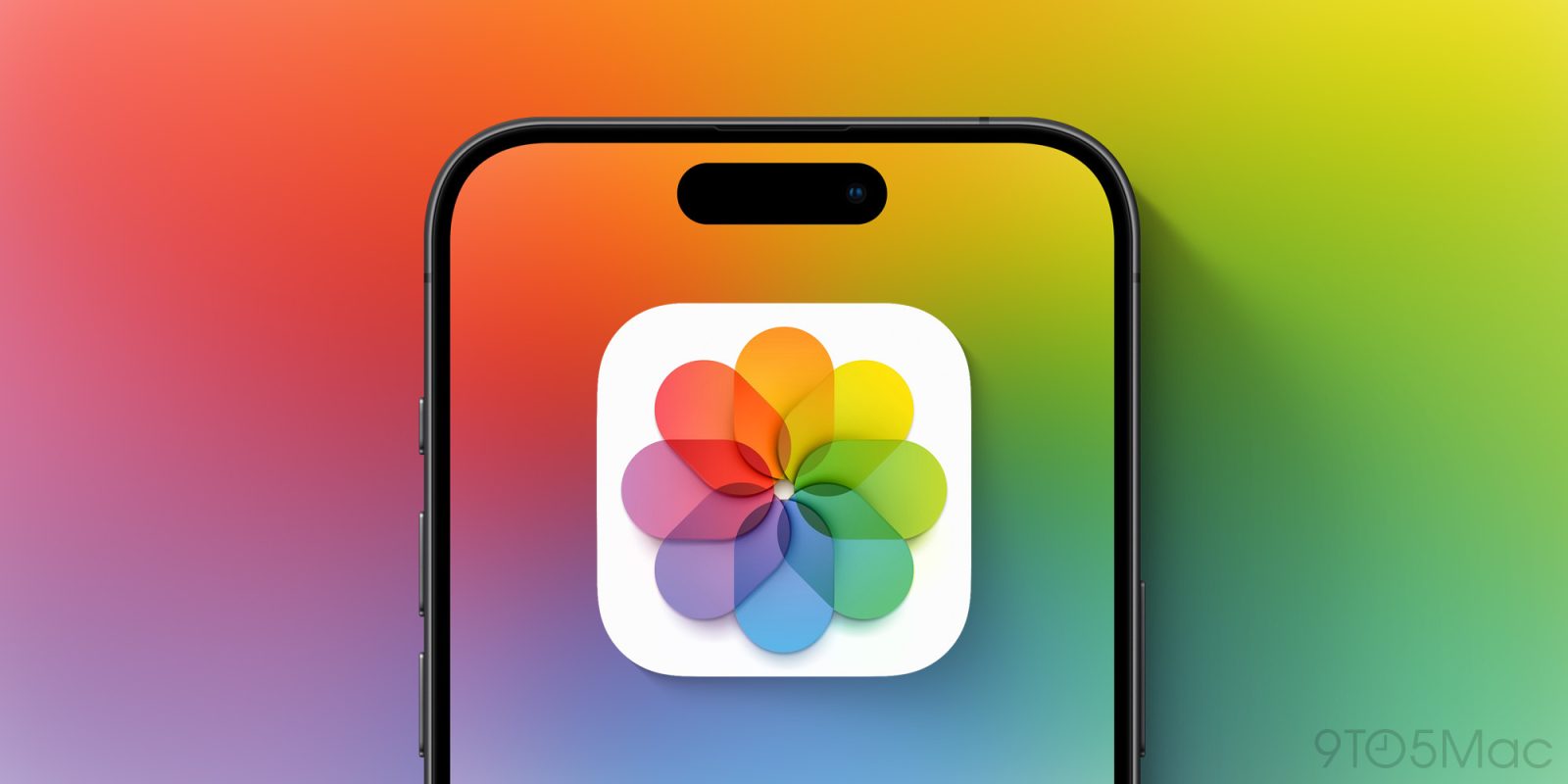
The issue of misleading apps on the App Store came to light this week following the LastPass incident. The makers of the password manager had to alert users about an app called LassPass falsely claiming to be LastPass. While this is an obvious example, it is important to understand how the App Store operates. The App Store follows guidelines designed to ensure customer safety. The guidelines are a central theme this week, and while it may be amusing, it is indeed true. In the case of deceptive apps, the App Store guidelines state that impersonating other apps or services is a violation of rules and may result in removal from the App Store by Apple Developer Program. Despite a review process being the primary defense against such activities, there is still a possibility of fraudulent apps slipping through, even if the deception is apparent to others. Apple doesn’t just remove the offending software but also terminates the developer’s account for violating its policies, as was seen in the case of the LassPass scam.
So, what can developers do if they find a fake app impersonating their app on the App Store? While media coverage helps bring attention to the issue on a larger scale, not all developers have access to the same level of publicity. An official process exists for reporting conflicts and name conflicts. In the case of LastPass, the developers chose not to approach the media to expedite the resolution but instead, warned their users about the threat of fraud, which naturally garnered significant media attention. It is worth noting that as of May 2023, Apple has been actively taking action against those who violate the security measures of the App Store for fraudulent activities. The company has witnessed a decline in breaches from year to year due to the measures it has implemented. In 2021, Apple terminated over 802,000 accounts for fraud, but in 2022, this number reduced to 428,000, thanks to new methods and protocols that prevent potentially fraudulent accounts from being created. Additionally, about 105,000 Apple Developer Program registrations were rejected due to fraud, preventing malicious actors from submitting applications to the App Store. Although data for 2023 is not available, it is anticipated that new figures will be revealed this year. In any case, these efforts reflect Apple’s commitment to countering malicious software. The LastPass incident stands as a testament to this ongoing effort.







:max_bytes(150000):strip_icc()/WhattoExpectFromBitcoinandCryptocurrencyMarketsin2025-12ed9a9f2e8c42a5b2477933ea62fe0d.jpg)





